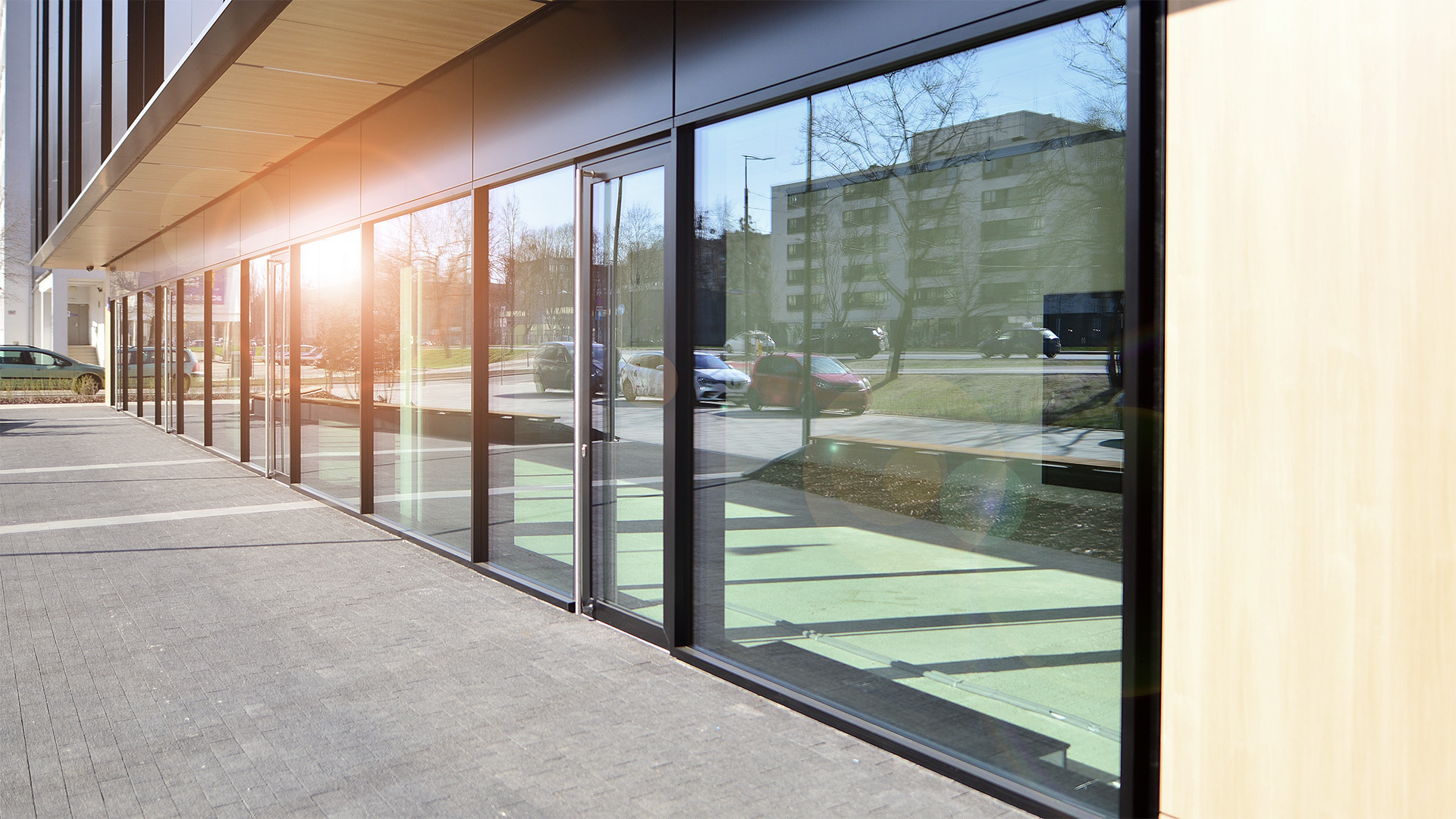An amendment to the Energy Performance of Buildings Directive is being prepared in the EU. The aim of the amendment is to reduce the energy consumption of buildings, prevent energy poverty, increase energy self-sufficiency and reduce climate emissions. For the construction industry, this means cutting greenhouse gas emissions and energy consumption by 2030 and making the industry climate neutral by 2050 by renovating buildings that are not energy efficient.
Amendment to the Energy Efficiency Directive can trigger a wave of renovation in Finland





Antti Kaakkola, Samuli Tarkiainen, Minna Korhonen & Jerker Pitkänen

New buildings should be emission-free as of 2030, and the energy efficiency classification should be updated by 2025. The Commission has also proposed that Member States improve the energy efficiency of their building stock to the level of the updated classification. VTT Technical Research Centre of Finland Ltd estimates that the need for improvements concerns approximately 35 % of Finland’s building stock.
The objective of the revision is positive, and it can open up new opportunities for the energy industry as well as the construction industry. Many property owners are already acting in accordance with the expected requirements, and properties that meet the energy efficiency criteria will become ever more attractive to investors and owners. On the other hand, a large number of property owners are not prepared. They must do a considerable amount of work to improve energy efficiency over a short period of time compared to the property owners whose portfolios are ready for the revised Directive.
Financiers wish to support the green transition, and construction projects that improve energy efficiency can acquire financing more easily and affordably. However, rising interest rates and high inflation can complicate the matter.
According to the Commission, renovation should be encouraged with funding and other supporting measures, but the distribution and allocation of this funding remains unclear. In addition to the possibilities for commercial operators, it should be kept in mind that the Directive will also require action by private homeowners and that the new government programme is not clear on how these homeowners will be supported.
Negotiations on the revised content of the Directive are still ongoing. It is estimated that national legislation would enter into force in early 2026. Companies should follow the preparation actively: if the Directive enters into force in its current form, demand may increase in the construction market. It is a good idea to discuss the matter with financiers ahead of time, so that financing is available when needed. We support our clients throughout this process as their strategic partner, both in the preparation phase as well as all the stages of any construction projects.
















